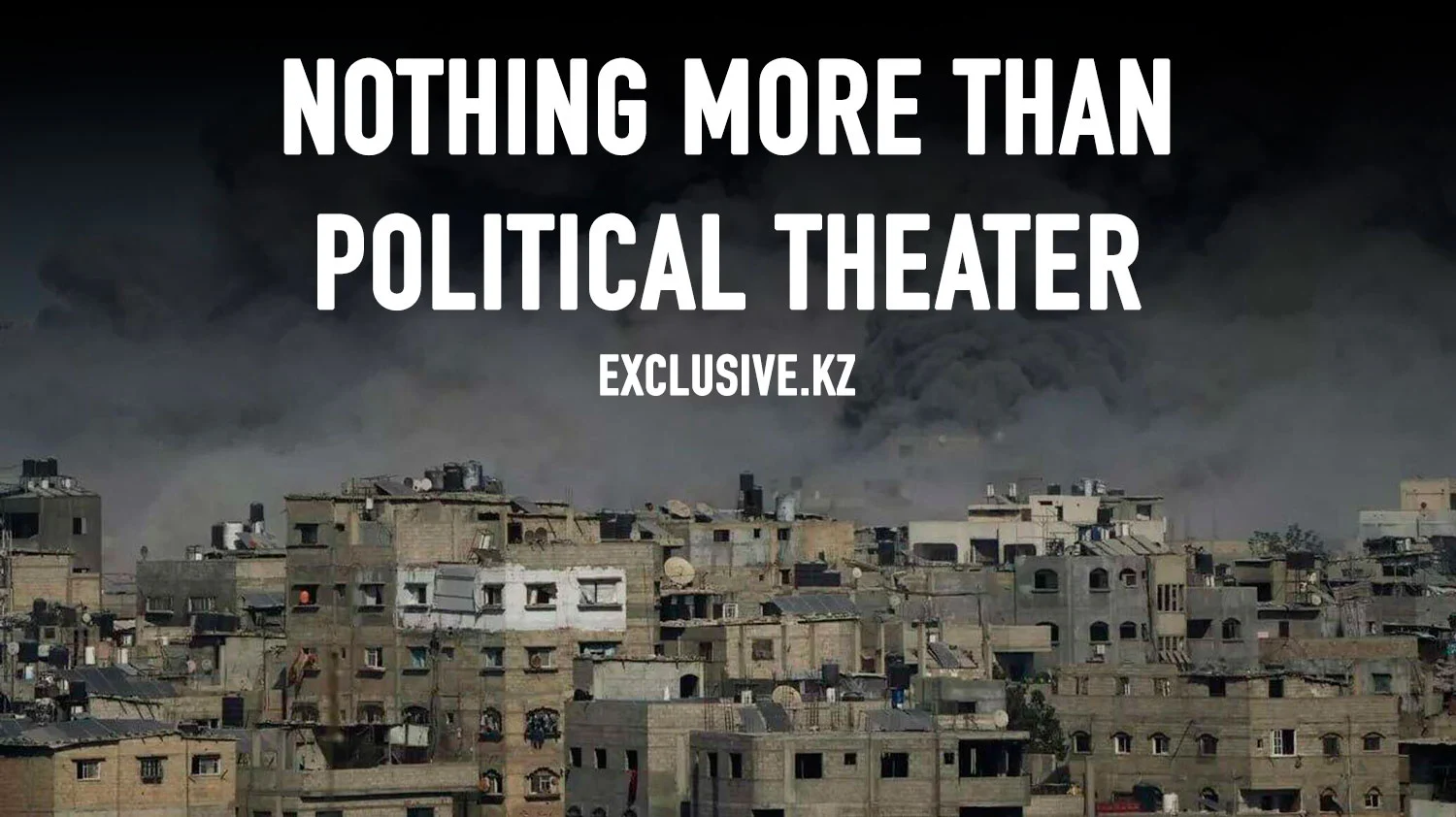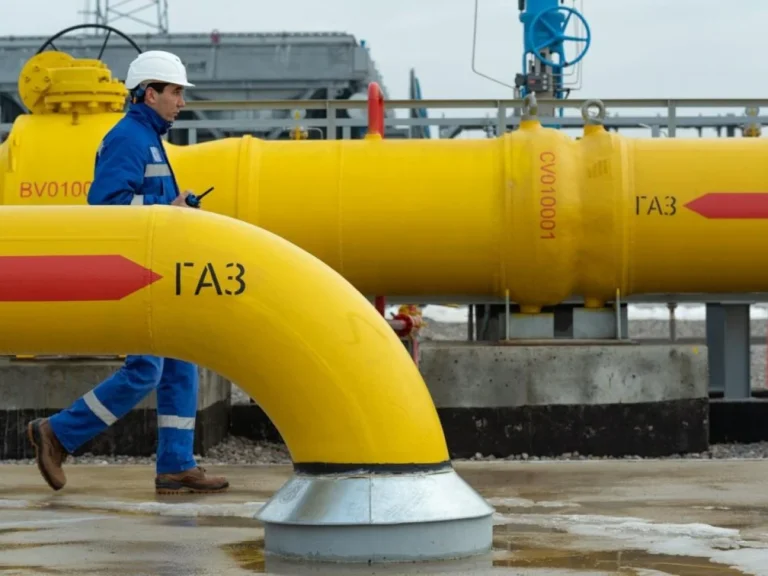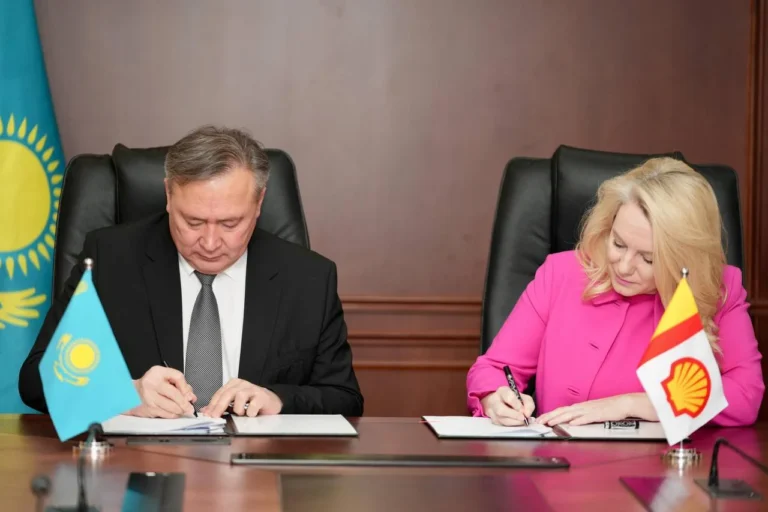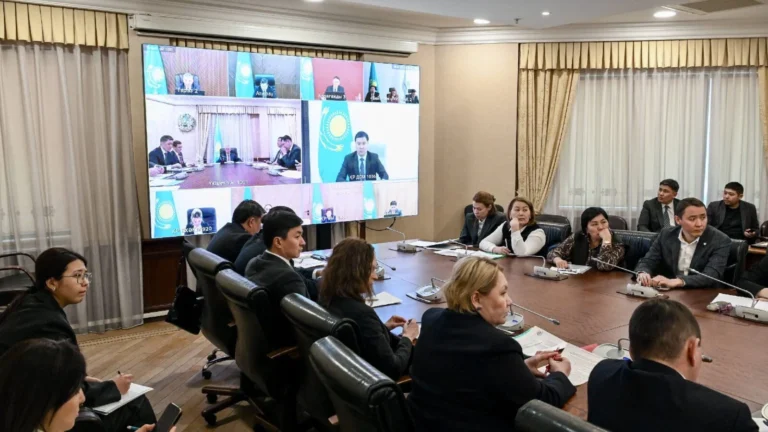Palestinian Statehood Is Not the Answer

In response to Israel’s ongoing genocide in Gaza and its escalating human-rights violations in the West Bank, the international community has revived the push for Palestinian statehood. At the end of July, France and Saudi Arabia co-chaired a high-level meeting in New York, attended by representatives from more than 100 countries, to generate momentum toward this goal. Since then, Canada, Australia, and several Arab countries have joined the calls for recognition, while the United Kingdom has said it intends to do so if Israel does not agree to a ceasefire.
Although widely welcomed as a significant diplomatic initiative, advancing the idea of Palestinian statehood at a time when nearly 2.2 million people face a systematic starvation campaign orchestrated by Israel is nothing more than political theater. The version of a “Palestinian state” currently being promoted by the international community will neither end the genocide in Gaza nor deliver a genuine sovereign state.
The revival of Palestinian statehood at this particular moment serves only one purpose: to grant Israel legitimacy and diplomatic cover for its atrocities in Gaza and ongoing assaults in the West Bank. As of March 2025, 147 of 193 UN member states had already recognized a Palestinian state. Yet an international community unwilling – or unable – to end the deliberate starvation of Gaza will never be able to force Israel to make the types of concessions required for a truly sovereign Palestinian state.
In reality, the moment for Palestinian statehood has already passed. For decades, Israel has worked systematically to render this prospect nearly impossible. Territorially, institutionally, financially, and legally, any such entity would bear little resemblance to a sovereign nation-state.

For starters, the territory under discussion is fragmented, broken into disconnected enclaves, and would at most comprise 40% of the West Bank – likely excluding Gaza altogether. Will the international community compel Israel to relinquish control of Area C, the 60% of the West Bank that remains under full Israeli military and administrative authority? Will it pressure Israel to yield control of the Gaza Strip?
Since 1967, every Israeli government has expanded settlements in the occupied Palestinian territories and systematically encouraged Jewish citizens to move to the West Bank by offering financial benefits and infrastructure development. Each settlement hosts a civilian security unit funded and armed by Israel’s Ministry of Defense and effectively backed by the Israeli military. Will the international community pressure Israel to dismantle these settlements, or to establish a single legal system that subjects Palestinians – both Christian and Muslim – and Jewish Israelis to the same laws?
Under the 1995 Oslo II interim agreement, Israel retains full control over all water resources in the occupied territories. This arrangement provides Palestinians with access to only 20% of the water from the West Bank’s mountain aquifer, a resource shared by Israelis and Palestinians. Will the international community force Israel to establish a fairer distribution of resources between Palestinian communities and Jewish-Israeli settlements in the West Bank?
At present, Israel controls virtually all of the occupied territories’ external borders. Every Palestinian – including Palestinian Authority (PA) President Mahmoud Abbas – must obtain Israeli permission to enter or leave, and often even to travel within the territories themselves. Will the international community make Israel relinquish control over borders and crossings?
The PA, established in 1994 to administer Palestinian affairs in the West Bank and Gaza, has functioned less as a government than as a subcontractor for Israel’s military occupation. Israel even reserves the power to approve its election results. Will the international community demand that Israel and its allies allow genuinely free and fair elections – and accept the results?
Under the 1994 Paris Protocol, Israel controls the transfer of value-added tax revenues to the PA, which constitute a major source of its income. Will the international community force Israel to allow a Palestinian government to manage its own revenues?
These questions barely begin to address the numerous territorial and administrative obstacles standing in the way of any future Palestinian state. Importantly, they do not even touch on the historic injustices to which the Palestinians have been subjected, including the rights long denied to millions of refugees.
Any talk of Palestinian statehood that does not address these issues serves to distract from Israel’s ongoing atrocities. History shows that no genocide has ever been stopped by appealing to the perpetrators’ reason. Only measures such as sanctions and an arms embargo will compel Israel to rein in its brute force.
Instead of engaging in meaningless political gestures, world leaders must confront three fundamental questions: Should international law apply to Israel? Should Palestinians’ human rights be upheld? And is the international community truly committed to safeguarding the postwar global order? The answers to these questions will determine not only the future of the Israeli-Palestinian conflict but also the credibility of the rules-based system itself.
Copyright: Project Syndicate, 2025. www.project-syndicate.org





Все комментарии проходят предварительную модерацию редакцией и появляются не сразу.